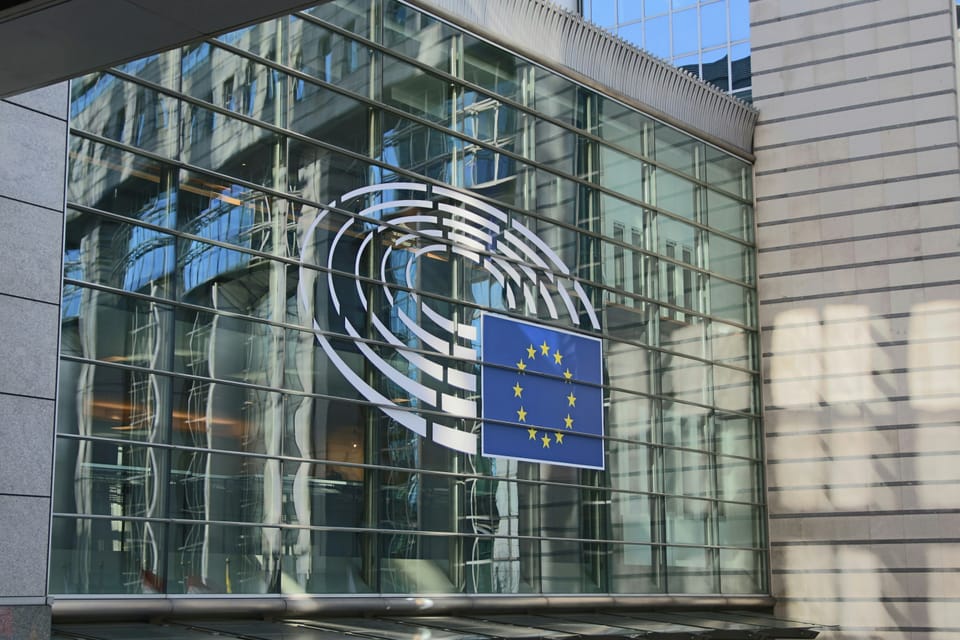EU Omnibus: CSRD officially delayed by two years

Companies that were preparing to submit their first CSRD report next year now have until 2028 to prepare, after the European Parliament approved a two-year delay as part of its Omnibus directive.
The so-called ‘stop-the-clock’ measure was widely supported in today’s EU Parliament vote, with 531 votes in favour, 69 against and 17 abstentions. While MEPs may not see eye to eye on how to amend the content of the Corporate Sustainability Reporting Directive (CSRD) and Due Diligence Directive (CSDDD), they at least agree that more time is needed for renegotiations.
Today’s vote provides a degree of respite for EU firms that have been preparing for the implementation of these laws – and closely following the recent debate around their future.
CSRD implementation timeline: What has changed
Large public-interest entities with more than 500 employees, which already had to report on sustainability under CSRD’s predecessor, the Non-Financial Reporting Directive (NFRD), still have to submit their first CSRD-compliant report this year.
But for the next wave of companies – those with more than 250 employees and a turnover exceeding €40 million – the deadline has just been extended by two years: instead of reporting in 2026 on 2025 data, they will now have to report in 2028 on 2027 data.
The third and fourth phase of CSRD implementation, which would have mandated listed SMEs to report in 2027 and foreign companies with more than €150 million in EU turnover in 2029, have also been postponed by two years, to 2029 and 2030 respectively.
CSDDD delayed by one year
At the same time, the EU Parliament has also approved a one-year postponement for the implementation of the CSDDD. This means Member states will have until July 26, 2027 to transpose the rules into national legislation, and the first wave of businesses – namely EU companies with over 5,000 employees and net turnover higher than €1.5 billion, and non-EU companies with a turnover above this threshold in the EU – will only have to apply the rules from 2028.
However, the second wave of companies (those in the EU with over 3,000 employees and net turnover higher than €900 million, and non-EU companies with turnover above that threshold in the EU) will not get a deadline extension, having to report alongside the first wave, from 2028.
EU Omnibus: Next steps
The 'stop-the-clock' proposal will now go back to the European Council for final approval, where it should not meet any resistance.
Now that the clock has been stopped on CSRD and CSDDD implementation, MEPs will turn their attention to renegotiating the content of the two laws – against the wishes of much of the corporate and investment community.
The EU Omnibus package, which aims to “simplify” sustainability regulations for companies, is proposing to cut the number of companies under CSRD’s scope by 80% – effectively turning the two-year delay into the permanent cancellation of the second and third waves of application. This would mean that companies that have been preparing this year to report next year would simply no longer have to comply with CSRD.
When it comes to CSDDD, the Omnibus seeks to make environmental and social due diligence mandatory for only the first tier of suppliers, limit the amount of information required and remove civil liability in case of violations.
NGOs have warned that such amendments would effectively make CSDDD “toothless”.







Member discussion